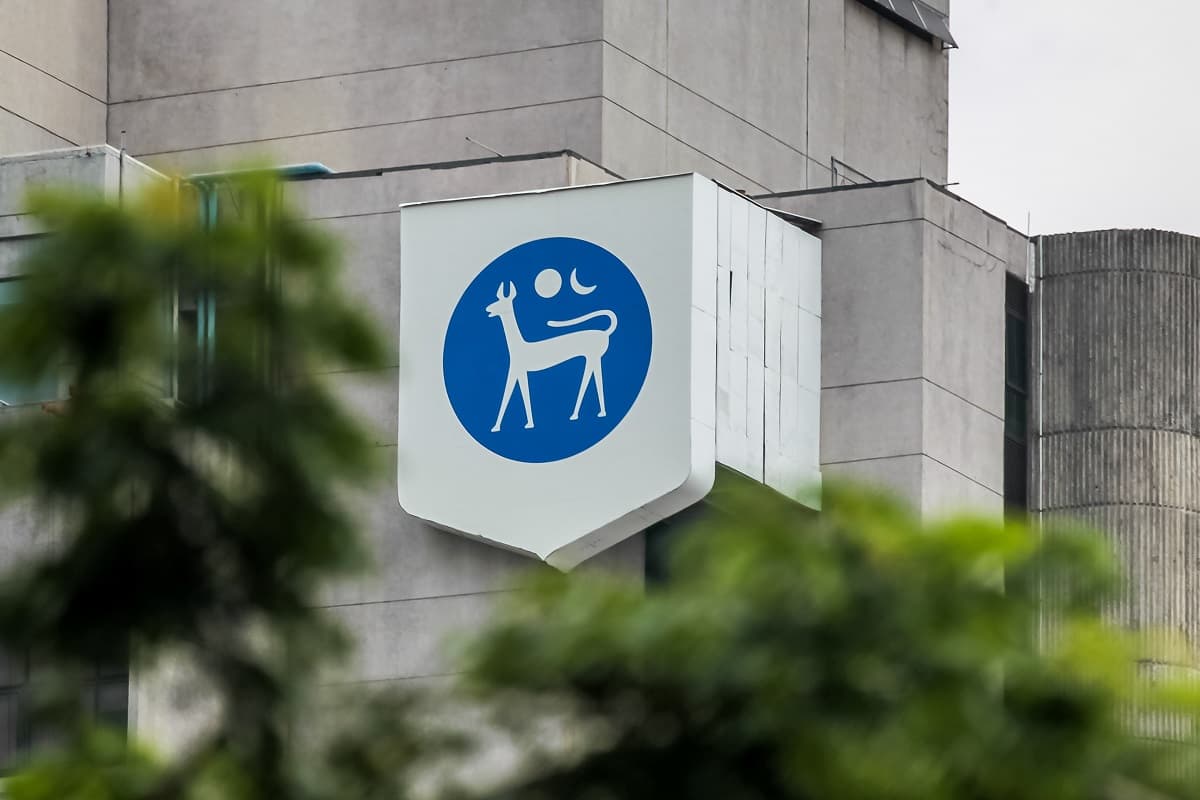
KUALA LUMPUR (Nov 9): Bank Negara Malaysia (BNM) Deputy Governor Marzunisham Omar said on Tuesday that emerging risks presented by money laundering, terrorism financing and proliferation financing are intensifying as the shift towards digitalisation accelerates especially in the financial industry.
Marzunisham said in his speech at the 23rd Asia/Pacific Group on Money Laundering Typologies Workshop that the rapid change in technology sometimes results in anti-money laundering, combating the financing of terrorism and countering proliferation financing measures undertaken by authorities to be reactive.
"For example, we see this in the virtual asset sector given its rapid development and widespread innovations.
"After more than a year of Covid-19, the past few months have seen the ease of the pandemic and the lifting of restrictions by most countries. Despite the challenging environment, it is encouraging to note that the authorities remain vigilant in the fight against money laundering, terrorism financing and proliferation financing.
"Indeed, we are facing new and increasing challenges following the increasing sophistication of financial tools and products,” he said.
According to online reports, proliferation financing is defined as providing money to support, among others, the manufacture and delivery of nuclear, chemical or biological weapons for purposes that are against the law.
Marzunisham said it is crucial to continuously adopt new approaches and tools such as data analytics and artificial intelligence to elevate the authorities' surveillance and enforcement capability in keeping up with the increasingly complex and innovative financial instruments.
Remaining reactive and defensive will limit the authorities' opportunity to proactively shape the orderly development of the financial landscape while managing any potential money laundering, terrorism financing and proliferation financing risks that accompany it.
"Compared to money laundering and terrorism financing, proliferation financing is usually considered a relatively new area and less understood. To date, only a few countries have conducted their proliferation financing risk assessments, for example Cayman Islands, Gibraltar, Latvia, Portugal and the United States, as well as the recent assessments by Malaysia and the United Kingdom in 2021,” he said.
Marzunisham said BNM has also noted the greater scrutiny by both the domestic stakeholders and global community on anti-money laundering, combating the financing of terrorism and countering proliferation financing measures and their implementation.
Revelations of high-profile information such as the Panama Papers, Financial Crimes Enforcement Network (FINCEN) leaks and Pandora Papers have attracted great interest within the domestic and international communities on the anti-money laundering, combating the financing of terrorism and countering proliferation financing regime, according to him.
"This has led to higher expectations for authorities to take prompt action against activities involving cross-border flow of illicit funds as well as the broader anti-money laundering/combating the financing of terrorism/countering proliferation financing threats. While efforts by the Financial Action Task Force (FATF) to enhance and provide greater clarity on related standards, including on transparency of beneficial ownership is underway, authorities and gatekeepers are also expected to ensure that blind spots are effectively addressed.
"More often than not, the information regarding these illicit activities resides with multiple parties across the public and private sectors. Hence, any suspicion will only surface if we are able to link and integrate that information. In this pursuit, greater collaboration among the law enforcement agencies (LEAs) as well as between LEAs and the private sector is essential for us to efficiently and effectively connect and assess all relevant information, which will no doubt further strengthen our efforts to fight anti-money laundering/combating the financing of terrorism/countering proliferation financing threats,” he said.
Marzunisham said it is observed that public-private partnership (PPP) is gaining momentum and is fast becoming known as a key success factor for effective information sharing in the anti-money laundering, combating the financing of terrorism and countering proliferation financing ecosystem.
In Malaysia, the PPP is undertaken through the Financial Intelligence Network (MyFINet), which involves collaboration and information sharing between LEAs such as BNM, Royal Malaysia Police and Malaysian Anti-Corruption Commission, and private sectors such as financial institutions, he said.